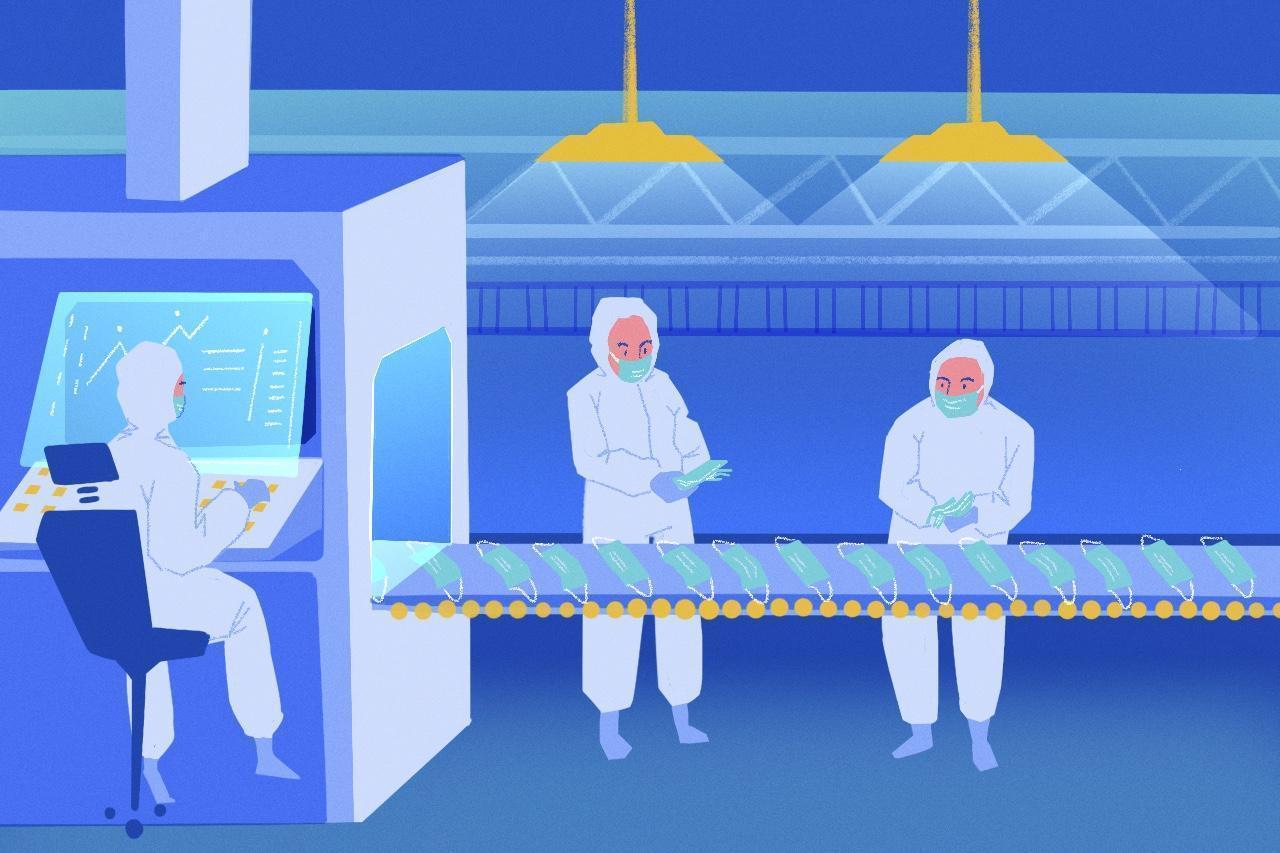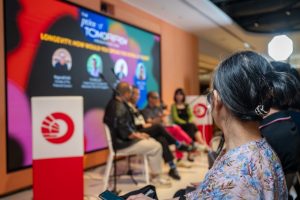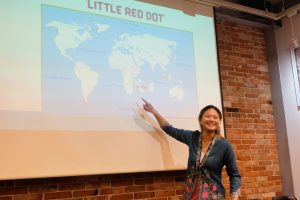Four years ago, the strategy for Singapore’s economy to remain relevant in a fast-changing world was clear: automate our factories and future-proof the manufacturing output of our country. This strategy was necessary, since manufacturing accounts for one-fifth of our GDP.
The plan was to ride on a revolutionary global trend: Industry 4.0, or I4.0—a race where manufacturers would leverage data and technology in their factories and labs to boost productivity. This would “transform” systems and processes using sensors, robotics, AI, Big Data, Cloud technology … essentially smart production plants Tony Stark himself would be proud of.
While I4.0 would enable quicker, more efficient and sustainable manufacturing output, Industry 4.0 cannot be complete without its workforce. The transformation itself would affect some 472,000 manufacturing-related jobs in Singapore.
As such, in October this year, A*STAR with the Singapore Economic Development Board, Enterprise SG, NTU Singapore, and SkillsFuture Singapore (SSG), launched the Advanced Manufacturing Training Academy (AMTA), which is based in Jurong. A national programme to identify emerging skills for Industry 4.0, it would develop the right curriculum to train and scale workers.
The eventual goal: an ecosystem where every player grows together, leaving no one behind.
“Change brings surprises, increases stress and a feeling of discomfort, resulting in resistance to change in some cases.”
— Phillip Choo, Vice President and Managing Director, Michelman Asia-Pacific.
“Singapore cannot compete in the global manufacturing arena based on low cost labour and rental,” says Phillip Choo, Vice President and Managing Director of Michelman Asia-Pacific. Michelman’s staff have been participating in SIMTech’s Digital Transformation & Innovation™ Programme, enabling it to build a roadmap for its digitalisation journey.
“For a business to succeed, our workforce needs to keep pace with skills of the future workplace, in tandem with the transformation towards I4.0.”
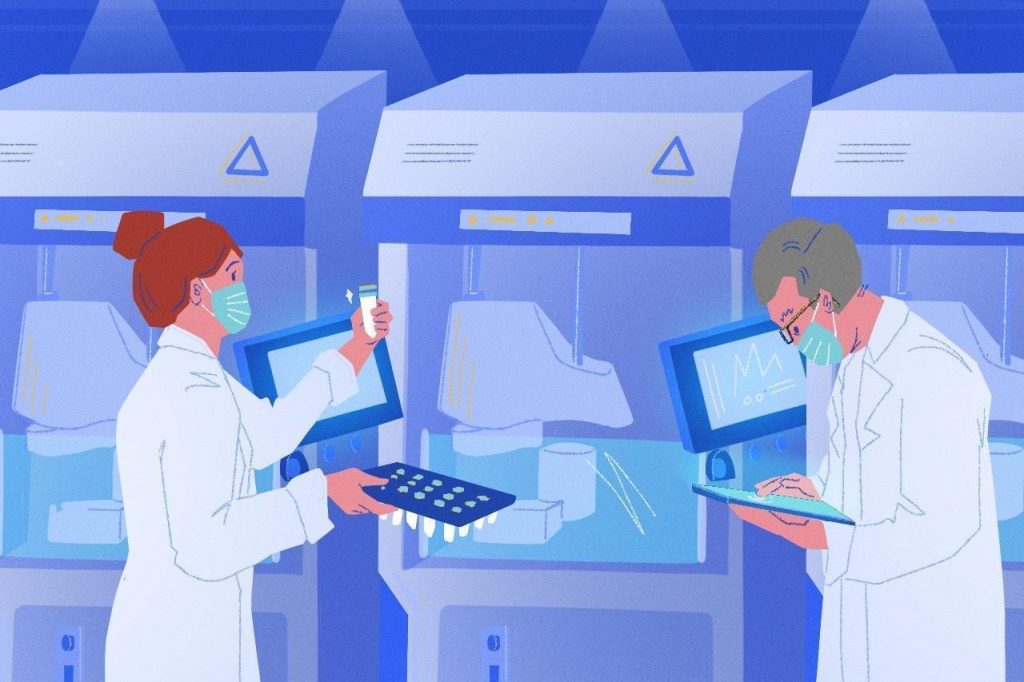
“Humans are social beings and are generally used to routine. These routines become ‘automatic’ in many instances. Change brings surprises, increases stress and a feeling of discomfort, resulting in resistance to change in some cases,” Phillip adds.
According to him, there will be an adjustment period. Once the workforce is confident enough to embrace the change or, better yet, lead the change, they become the “designated change agent” or “first-line people managers” that employers seek.
Not only that, employers need to ensure existing workers are ready for this change.
“Some of our workers stay with us till they retire, so we have invested in training our older workers. They are important to us because they know the culture and system of Racer,” says Willy Koh, CEO of Racer Technology, a 25-year-old original equipment manufacturing company with factories in Singapore, Indonesia, Malaysia, USA, and China.
Willy believes that getting workers to embrace training, especially disruptive ones like learning how to use new technologies and embrace automated processes at work, starts from the top. Even before starting on their Industry 4.0 journey, Racer Technology had been implementing standards through certifications, from ISO Quality Management Systems, the 5S Lean Management framework, ISO 13485 (for medical supplies), and many more.
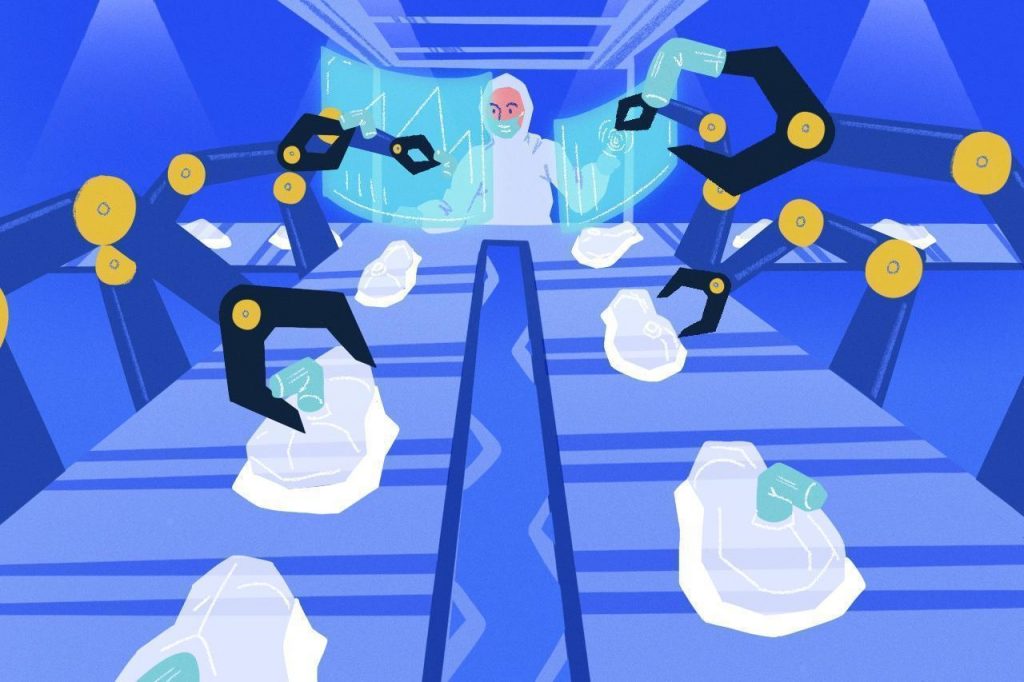
Factories had to shut down, workers were sent home, and borders closed. The after-effects seven months later are still being felt, but not for entirely negative reasons.
For many, COVID-19 has become a litmus test for manufacturers and workers, on their ability to transform quickly and adapt better.
Due to travel and supply-line restrictions, production plants have converted their factory floors and labs to make face masks, shields, ventilators, diagnostic test kits, and so on. In a way, I4.0-readiness and their adaptability has allowed them to pivot quickly to meet demand.
Racer dedicated two of its production lines to producing face masks for the healthcare sector. It also changed some of its clean rooms to run swab kits and antibody COVID-19 test kits.
Teckwah Industrial Corporation Limited, a packaging printing and logistics solutions firm, had to quickly replace some manual procedures and extend its in-house digital solutions to customers. This included sending physical sample prints to customers and then following-up with video-calls for approvals.
Still, I4.0-preparedness is not all about adapting quickly. It is also about having the right ecosystem to innovate quickly.
“Some of our workers stay with us till they retire, so we’ve invested a lot of training in our older workers. They are important to us because they know the culture and system.”
— Willy Koh, CEO, Racer Technology
The firm already has a digital team (named Project Vernie) where department leaders use a digital learning roadmap to align staff with the overall digital vision of the company. It includes strengthening core skills while embracing digital and technical exposure in other domains.
For example, a few of its customer service staff are cross-trained with production scheduling skills; warehouse assistants are cross-trained as technicians.
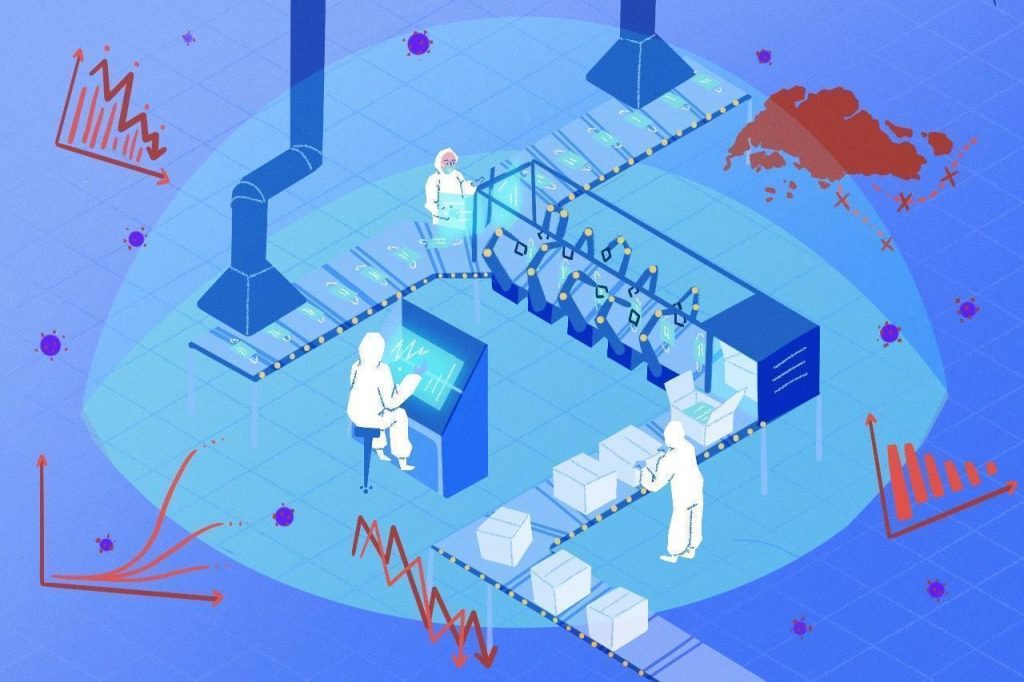
“Skills developments are imperative for I4.0. We have upskilled and deep-skilled more than 60% of our workforce through SIMTech’s LEAN programme. Given the pandemic, we are leveraging on our digital learning platforms to continue our goal of mass training,” Phillip explains.
The company’s learning programmes are driving the fundamental shift in employee focus from equipment to data.
This means a machine operated by one technician today could potentially be multiple machines remotely operated by a supervisor tomorrow, usually through a networked interface, with data analytics and location-tracking thrown in.
More importantly, these programmes should start early or accessible at any age. Michelman partnered with Singapore Polytechnic on a Career Workforce Transformation programme to extend these learning pathways for its employees.
“We train our staff to be skilled in various areas and operate multiple machines. This extends their knowledge and skillset, while increasing their confidence levels.”
— Ng Chee Mun, Infocomm Technology Director, Teckwah Industrial Corporation Ltd.
“We did not dismiss any staff or recruit new employees for Factory 4.0. We deployed excess staff to a new line or project so that we can increase capacity,” Willy says.
Despite some setbacks from COVID-19, it’s clear that manufacturers and their workers are adjusting to these changes at work.
Despite many other businesses struggling to pay wages despite flagging demand for their goods and services, some manufacturers and their workers have continued to show a can-do mindset to transform and adapt, especially during this crisis.
“If we want to overcome such natural disruptions which are beyond our control, we need to diversify our manufacturing ecosystem to make our supply chain more resilient and robust,” says Teckwah’s Ng.
And he’s right. Their resilience will not go unnoticed. Eventually, when our borders reopen and the crisis wanes, our manufacturing sector will indeed be far more future-ready than ever.
At the recent ITAP 2020 virtual conference in October—which you can recap here—the pandemic was viewed as the real villain to some of the progress made, yet also accepted as a galvanising force.
When Singapore’s economy recovers, our Industry 4.0-ready manufacturing sector will sustain us for the next era of growth. For the rest of us, we just need to make sure we’re just as ready, and just as resilient as they are.

